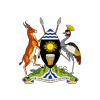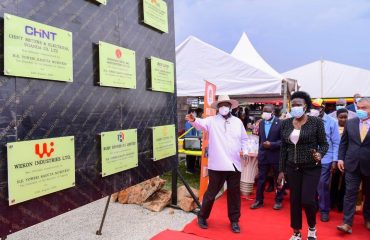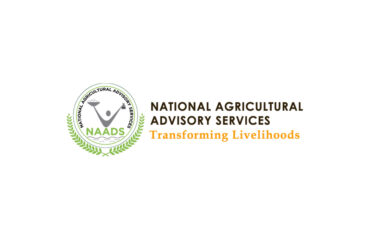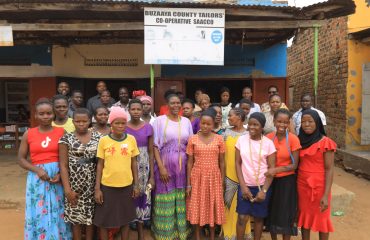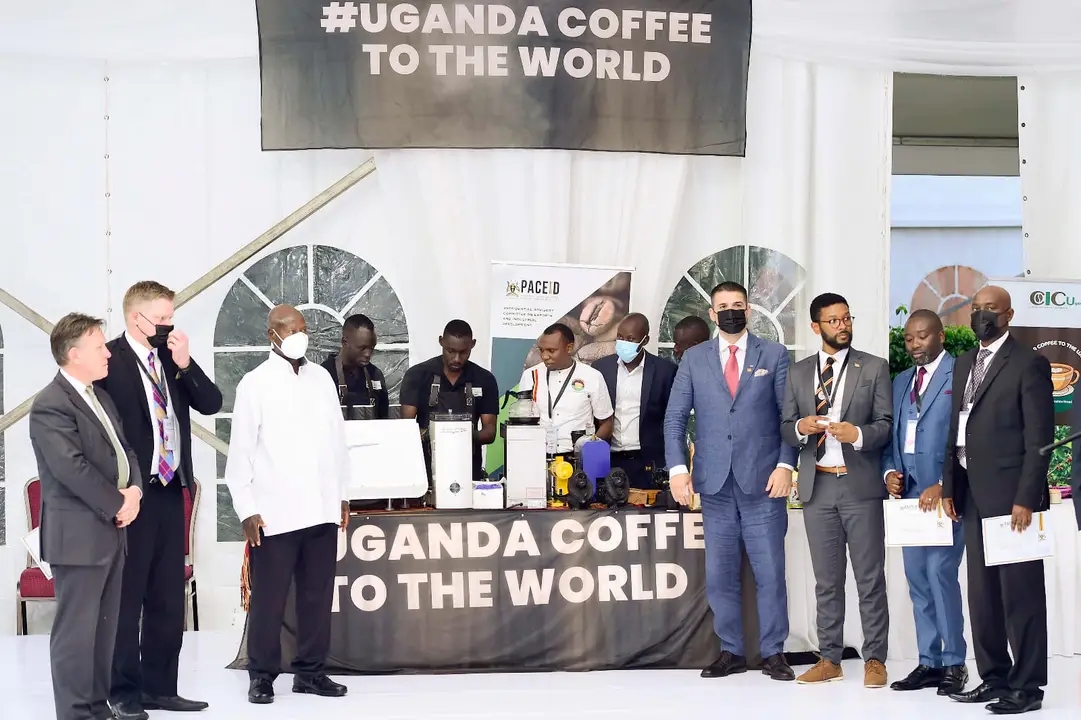
TRADE REPRESENTATIVES IS A GOOD MOVE TO PROMOTE UGANDA’S EXPORTS
The Presidential Advisory Committee on Exports & Industry Development (PACEID) was established to address the strategic and operational bottlenecks that impede Uganda from fully harnessing its industrial and export potential. PACEID also plays a coordination role between Ugandan exporters, producers, government institutions, international markets, and other stakeholders to ensure they work collaboratively to accelerate Uganda’s export growth and industrial development
It is against such a background that PACEID has identified Trade Representatives for Uganda in various export destinations to facilitate and enhance Trade, Tourism and Investment relationship in these countries.
Since commissioning, PACEID has made a year in operation with a target to add USD 6 Billion to the national coffers by 2027 through exports. Representation in 5 key export markets have been established, namely; Democratic Republic of Congo, United Kingdom, United States of America (Chicago and Aurora), the Balkan Region, and South Africa.
Progressively, the presence of these Trade Representatives in the markets has encouraged business engagements between buyers and sellers of Uganda products and services, attracted off-takers, facilitated investment requests, driven partnerships, and raised awareness of Uganda’s export potential at a time of difficult economic trends globally.
Trade Representatives advise the President on trade issues, lead international trade negotiations, and oversee the resolution of disputes, enforcement actions, and other matters before global trade policy organisations such as the World Trade Organisation.
PACEID last month organised a Trade Representatives Forum (TRF) to bring together all relevant public and private sector institutions in the export space. This two-days event run under the theme: ‘COORDINATION TO DRIVE UGANDA’S EXPORT TARGETS THROUGH BETTER TRADE REPRESENTATION’ and took place on 28th and 29th March, 2023 at State House Entebbe and OPM Conference Centre respectively.
At the event, the Trade Representatives got a deeper understanding of Uganda’s Agriculture, Trade, Tourism, and Industry sectors as they also engaged directly with key players in the export space in Uganda.
Uganda’s mission abroad remains the lynchpin in promoting the country’s commercial and economic diplomacy through different pillars which include the Promotion of investments, increasing science, technology, and innovation, support, and facilitation of international business, addressing non-tariff barriers, negotiating global rules-based system in international trade mark and increasing country’s exports.
Ministry of Foreign Affairs is also on board to support Uganda’s foreign policy and International Commercial Diplomacy Policy and these include;
Market access, through bilateral, regional, and multilateral fora, the Ministry has ensured that Uganda has acquired enough market access. These include Duty-Free and Quota Free for LDC at the WTO, Everything but Arms (EBA) for Europe and the Chinese market, African Growth and Opportunity Act (AGOA), East African Community (EAC), and currently, African Continental Free Trade Area (AfCFTA). While the above market access has been achieved, Uganda has not effectively utilised it because of the market entry conditions.
Joint Permanent Commissions (JPCs) and Joint Economic Commissions (JECs), the Ministry has employed the above frameworks, as principal forums, for strengthening bilateral relations between countries in all fields under the three clusters of; Political, Economic, and Social matters. It is needless to say that in the last year, we have managed to handle about 10
JPCs/JECs and the results speak volumes. Alongside the JPCs and JECs, we also hold Business Forums that have proved to be effective for B2B matchmaking.
Negotiations for Global Market, the Ministry through its officers deployed in multilateral Missions in Geneva and Brussels continue to negotiate for Global and European market access on daily basis respectively. MoFA coordinates with relevant stakeholders mainly, Ministries of Trade, Agriculture, Finance, and Private Sector players in contributing to realising Uganda’s foreign objectives underpinned in Economic and Commercial Diplomacy.
The Trade Representatives, therefore, need to understand Trade Agreement’s entered into by Uganda, and the terrain and do market research in liaison with Uganda’s Missions Abroad for them to be able to effectively promote Uganda.
Trade Agreements, are divided into; Multilateral, Regional, and Bilateral Agreements.
Multilateral Agreements: These are negotiated at the multilateral level by a group of interested Member States and /or acceded to by those countries that were not initial participants to be able to participate in International Trade e.g. the World Trade Organisation (WTO) and Africa Continental Free Trade Area (AfCFTA).
Regional Trade Agreements: These are similar to multilateral agreements, except that they are implemented at the regional level. Examples include Common Market for Eastern and Southern Africa (COMESA) and East African Community (EAC).
Bilateral Trade Agreements: Entered between two countries for purposes of enhancing trade between themselves. For example, a trade agreement between the Government of the Republic of South Africa and the Government of the Republic of Uganda. Unlike the other two, these are not public and they remain the prerogative of the two countries that are signatories and are normally deposited in the national depository of the two countries.
Therefore the Trade Representatives need to appreciate and understand these trade agreements in collaboration with Commercial officers in Missions under the guidance of the Heads of Mission and hence we will create a smooth flow of information and business flow for Uganda in the areas of operation.
By Victor Nimusiima
Communications Officer, Government Citizen Interaction Centre
